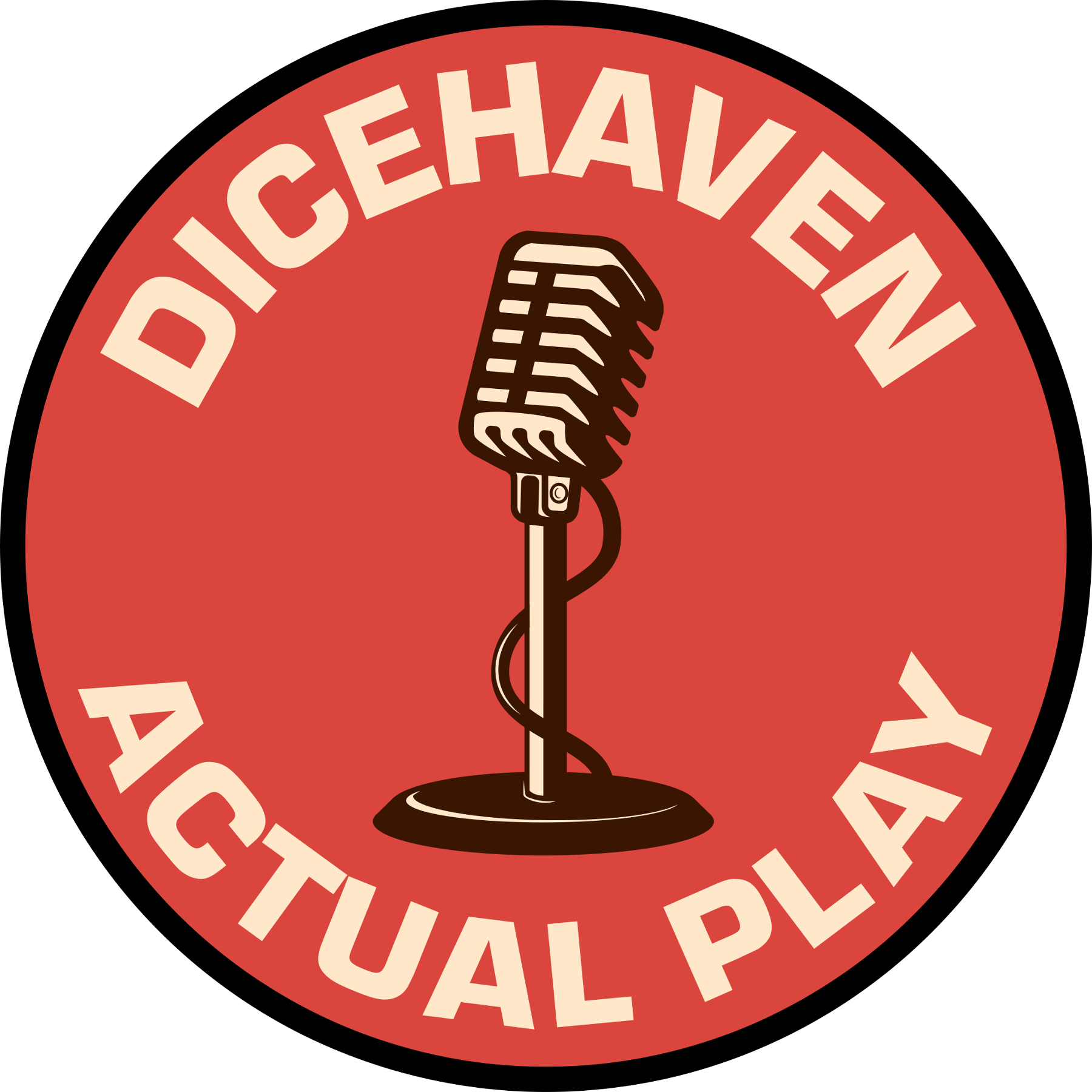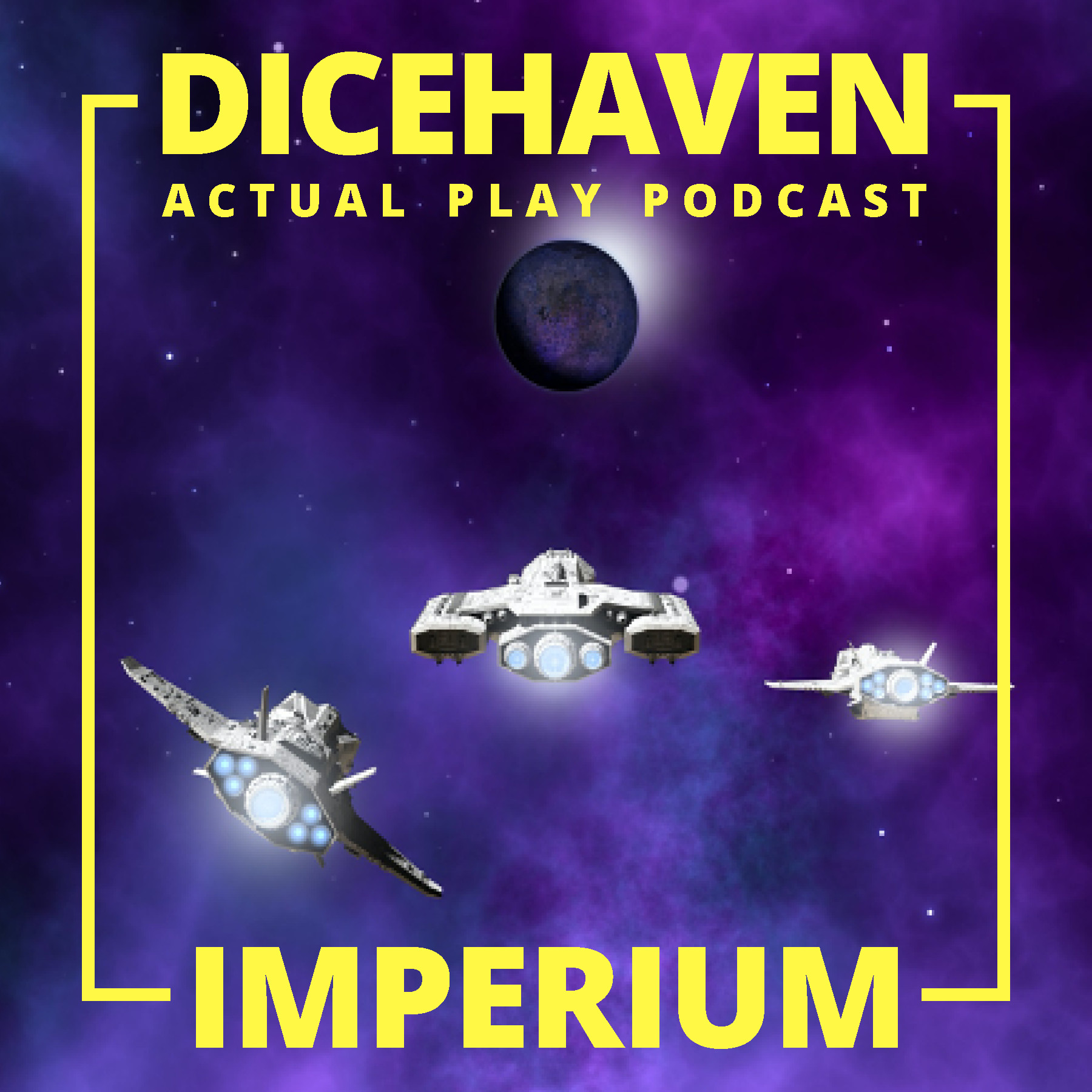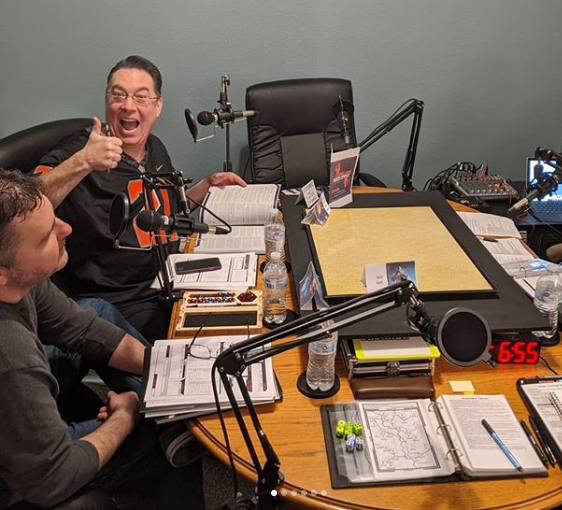Using a timer for writing? I’m not sure if it will boost productivity, but at least you can use it to track yourself and measure your progress.
With the introduction of a $10 countdown timer that one can purchase in any housewares department, we can create our own artificial deadlines that create that sense of urgency for us. By setting the timer for 15 minutes to allow us to complete a task, it seems easy to focus and weed out the unimportant. When I use this technique, I get much more work done and I hear myself telling others, “Call me back in 30 minutes. I’m in the middle of something!” Productivity soars.
Read more at: Open Loops: Boosting Productivity With a Timer




Recent Comments